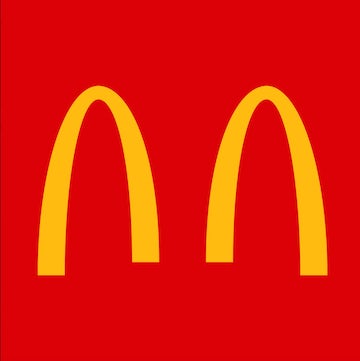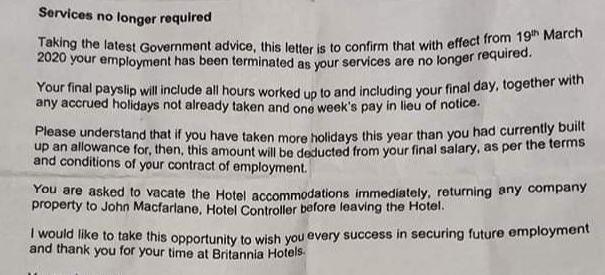Contributed by Amy Power, founder of the PR and social media firm The Power Group.
Fifty-six percent of consumers are curious how brands are helping out communities in response to the coronavirus pandemic, according to a survey of 1,000 consumers conducted on March 18 by the American Association of Advertising Agencies (4A’s) and real-time market research platform Suzy.
There is no doubt that reputations are won and lost during times of crisis. That’s good news – or bad news – depending upon the actions you take today. Do you want to be McDonald’s and be remembered for playing with your logo instead of serving free meals? Consumers aren’t going to be lovin’ you when this is all over if you are tone deaf amid a global crisis. Here’s the good news, if you are a brand that can step in to solve a piece of the pandemic problem by feeding first responders or creating a program to help hourly workers then do it in a thoughtful manner. If you move too quickly and rush to speak and act, you can cause your brand serious harm. Don’t make these three mistakes during the COVID-19 crisis.

Don’t ask the wrong questions
If you and your management team are asking yourself, “What should we say? What should we do?” then you are asking yourself the wrong question and it could drive the wrong cadence of actions. In his book, The Agony of Decision: Mental Readiness and Leadership in a Crisis, author Helio Fred Garcia says the right question to ask in any crisis is, “What would reasonable people appropriately expect a responsible organization or leader to do when facing this kind of situation?” This is the place to start and when you pose this question to yourself or your management team I think you’ll find some paths you might not have considered. For example, the answer may be prudent measures to ensure public safety, an apology, a new way of serving customers or something free.
Don’t think about yourself only
It is instinctive to want to protect your company, your employees and your family, but a pay-it-forward mentality will help others who will remember you for your actions. For example, if you have historically supported animal charities, don’t suddenly abandon them. Maybe this is your moment to do more, or find partners to help you with a special project to help something for which you have shown a previous commitment and passion.
Worst of all, don’t be tone-deaf
A Frisco, Texas, homeowners association chided its residents about keeping their lawns trimmed and neat and made no mention of removing fines during a time when people are especially sensitive about their economic futures. Residents were quick to negatively comment on NextDoor, a “neighborhood hub for trusted connections and the exchange of helpful information, goods, and services.”
Halfway around the world in Scotland, the Coylumbridge hotel near Aviemore, part of the Britannia Hotel Group, issued a surprising letter to employees which said: “Taking the latest government advice, this letter is to confirm that with effect from 19 March 2020, your employment has been terminated and your services are no longer required. You are asked to vacate the hotel accommodation immediately, returning any company property.” Amidst the coronavirus crisis, hourly workers were immediately homeless until another hotel stepped in to help the displaced workers.

Locally and internationally, these serve as reminders of how a brand can lose trust by taking the wrong actions. As this COVID-19 unfolds further, there will be more examples. Always remember your future reputation rests on not just what you do now, but how you do it. Decide what is truly important. It’s not your logo – I promise.